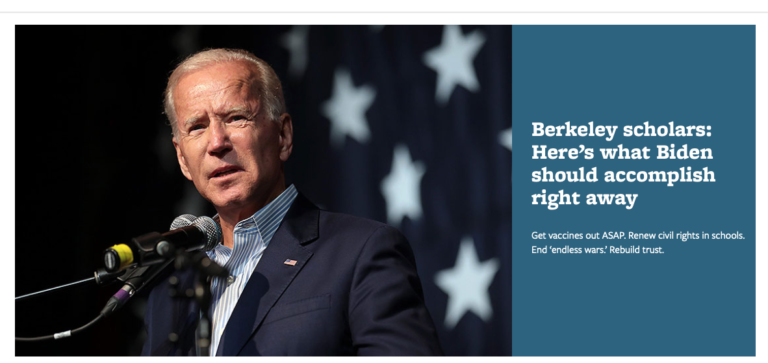The Labor Center’s recent report Civil Service Vacancies in California 2022-2023 highlights the local effects of California’s statewide government staffing crisis. We found vacancy rates in several counties as high as 30% across wage levels and occupations. Similar vacancy rates have been reported in cities, school districts, and state agencies. As a result, Californians have had to…
Category: Austerity
What Workers and Unions Stand to Gain from Recent Executive Orders on Artificial Intelligence
Given the glaring absence of national legislation in the U.S. regulating new technologies, the recent release of several executive orders on artificial intelligence (AI) at the federal level and in California is significant. President Biden’s executive order in particular is effectively the first national public policy on AI to be established in this country. Moreover,…
California’s teachers are fighting for better schools
In an extraordinary year for labor, California’s teachers have been at the center of a revitalized movement that has successfully demanded better working conditions, family-supporting wages, and a seat at the table for important educational decisions. The toll taken by the COVID-19 pandemic, the stress of working in an increasingly strained education system, persistent state…

Public spending must support everyone, not just the rich
Americans occupy increasingly separate economic spheres. Each year, more Americans struggle to afford housing, access quality education, pay for health care, and retire above poverty. A majority of Americans lack enough savings to weather a short spell of unemployment or a costly car repair. Our schools are more economically and racially segregated now than in…

How is this recession different from all other recessions?
I spoke with an sfgate.com reporter recently about how the COVID-19 crisis could impact Bay Area local governments. As always, there is a lot I said that didn’t make it into the article so here’s a bit longer ramble. I’m working on updating the numbers and data underlying these thoughts, so this is just some…